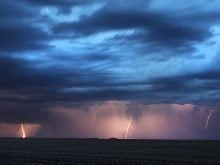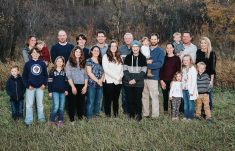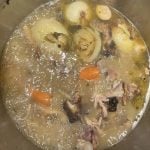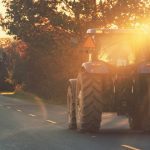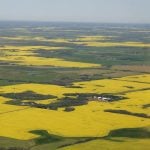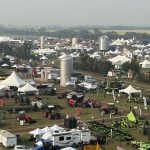OUTLOOK, Sask. – Curling brooms in the hallway and a skating rink on the driveway are the first hints of Roger and Sandy Pederson’s preoccupations in the winter months on the farm south of Saskatoon.
They juggle their own curling matches with watching their granddaughters play hockey.
Irrigation farming combined with Sandy’s accounting work off the farm have helped them maintain a full life, which included raising three children and serving on local school and church boards.
“My job allows us to do some extra things,” said Sandy, who recently traveled to Halifax to watch the Olympic curling trials.
Read Also
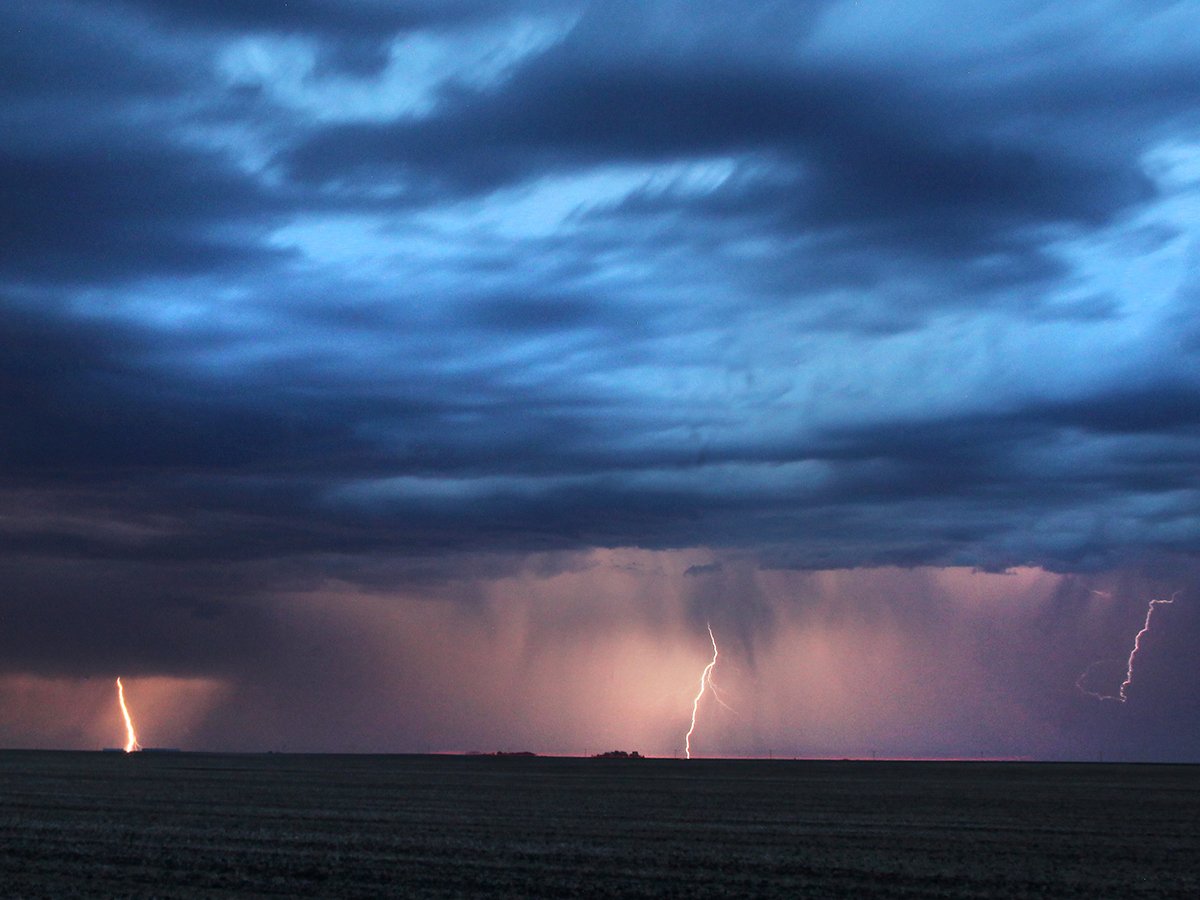
Ask tough questions to determine if business still works
Across the country, a hard conversation is unfolding. Many producers are starting to ask a tougher question: can we keep doing this the way we always have?
The Pederson offspring, Trenna, Mark and Kirk, are married with children of their own but regularly help out on the farm. Kirk’s family home is in the farmyard, just a stone’s throw from corrals housing some of the farm’s 75 head of polled Hereford cattle.
Seven hundred of the Pedersons’ 1,100 acres are irrigated, with their land producing cereal crops, seed potatoes and hay. They share labour and equipment with Roger’s brother Dennis and his wife Jo-Anne, who operate their own 900 acre farm and live a short walk away.
“Without irrigation, there would be enough land just for one family,” said Roger, whose farm has a long history of involving extended family. He noted the necessity of growing higher value crops due to the increased costs of irrigation farming.
“You can’t make it in irrigation farming in regular crops at today’s prices,” he said.
The Pederson clan waded into irrigation when the Gardiner Dam was first built, seeing the opportunities for the area. Roger continues to believe in and promote those opportunities as chair of the Saskatchewan Irrigation Projects Association.
He said much of the infill on the original dam project remains to be completed, noting that Saskatchewan irrigation development has largely stalled since the early heyday.
He believes the lack of irrigation expansion has delayed the attraction of industry and local business and efforts to feed a growing world population.
Roger believes it is irrigation development that sets Outlook apart from a host of similar sized Saskatchewan communities that have experienced declines. It has a similar climate to southern Alberta and has equal opportunities to produce corn for cattle grazing, silage and winter grazing, which has become a growing trend in the Outlook area.
Roger said irrigation benefits the farmer by 10 to 15 percent and the community by another 85 percent.
“If there was not irrigation here, Outlook would be no different than a lot of little dying towns,” said Roger.
On his own farm, he said there is potential to increase the irrigated land by 400 to 500 acres.
That will first require greater support from government to make that fiscally prudent for their operation, he said, citing the high costs of three-phase power and new pivots.
Irrigation farming created a steep learning curve for the Pedersons initially, but they have learned to work with three to four year rotations of different crops and take advantage of the natural fertilizer left behind by crops like potatoes. Zero tillage is not possible on watered lands, where soil compaction occurs, Roger said.
One third of their irrigated acres are devoted to an alfalfa brome mix of hay and sold to about 20 customers who raise horses, sheep and elk.
“You have to grow a product your end customer wants. You have to know where it’s going to go before you grow it,” he said of his seeding choices.
Haying is their main preoccupation in summer, but the Pedersons also try to sneak in a golfing holiday in Manitoba’s Riding Mountain National Park each year.
Volunteering is also important to the Pedersons.
“A small community like ours wouldn’t work without volunteers,” said Sandy.
It also allowed the family time to be together while serving as ball umpires, trip chaperones or caterers.
“We stayed involved in the kids’ lives and Roger and I are better off for that,” said Sandy.




